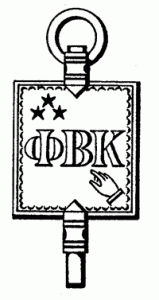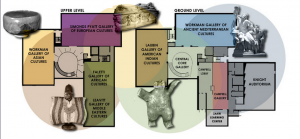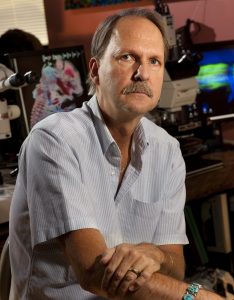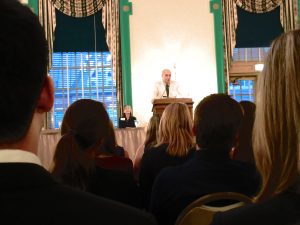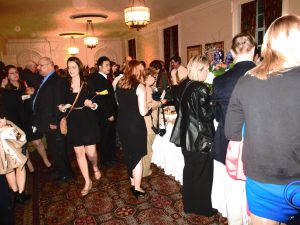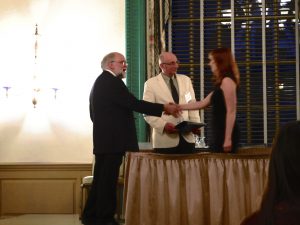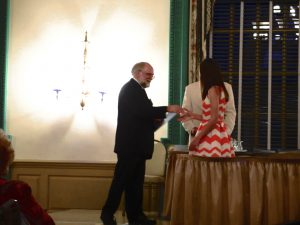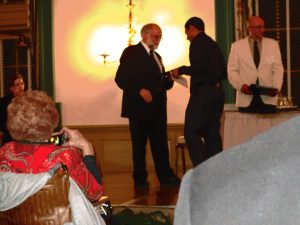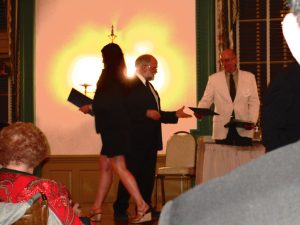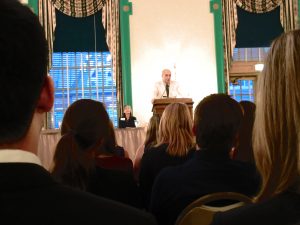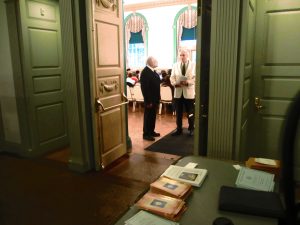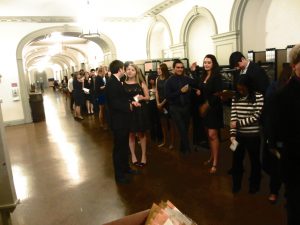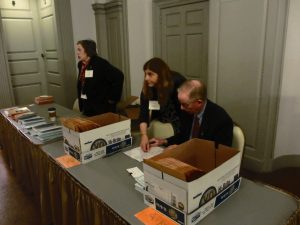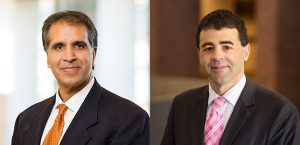
Federal Ambition, State Autonomy, and the Constitution:
A Conversation About the State of American Federalism
Dean Vikram David Amar
and Professor Jason Mazzone
Federalism, the division of power between the national government and the states, is a defining feature of the American constitutional system. The federalism balance impacts virtually every aspect of our lives. At times, federalism facilitates cooperation, with the national government and the states acting together to pursue common goals. At other times, federalism generates conflict, with national and state or local actors pursuing different goals and asserting authority to implement their own policy preferences. In some instances, states and cities obstruct or otherwise resist federal programs. Some cities, for example, have announced themselves to be “sanctuaries” from the Trump administration’s immigration enforcement efforts. Some states have decriminalized uses and sales of marijuana even though such activities are prohibited under federal law.
How should we understand federalism today? What are the limits on federal power? How does the Supreme Court understand federalism and what will be the likely impact on the Court’s decisions with the arrival of a new justice to fill the vacancy left by Justice Scalia? How will federalism facilitate or constrain the programs of the Trump administration? When must states cooperate with the federal government? What are the opportunities at the state and local level for resisting federal law? What lessons can be derived from history: is there a difference between resisting deportations of neighbors and (as in the past) resisting integration of the neighborhood? Are sanctuaries from national policies ever compatible with our constitutional system?
The Phi Beta Kappa Society of the University of Illinois* presents Federal Ambition, State Autonomy, and the Constitution: A Conversation About the State of American Federalism. Leading this conversation will be two of the nation’s most accomplished constitutional scholars: Vikram D. Amar, Dean and Iwan Foundation Professor of Law, and Jason Mazzone, Professor of Law and Lynn H. Murray Faculty Scholar in Law.
A question-and-answer session will follow their remarks.
*Additional support provided by the College of Law’s Program in Constitutional Theory, History, and Law.




